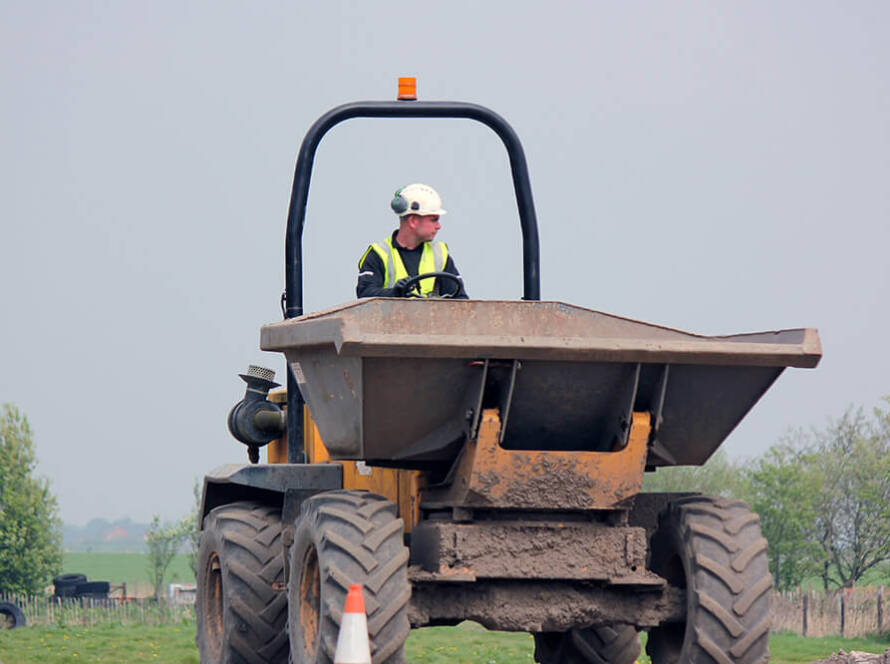These are the necessary skills that you need in order to get a job in the construction sector
Different jobs have different requirements, which both depend upon the specific requirements of the organisation as well as the culture of that particular industrial sector. Some requirements for numerous organizations are the same. Construction industry, specifically stresses on your skills and if you have a degree in a construction related field, you will be tested and your skills will be assessed. Most of the times, your technical knowledge and skills will be analyzed through tests, interviews or some practical demonstration of a solution to a problem. However, most of the times, along with the technical abilities and skills, the companies also look for and check the ‘soft’ skills or ‘life’ skills of your personality, regardless of your educational background and history, or the degree that you hold. You need to show and demonstrate your skills and ‘sell’ your skills and abilities in a way that the employers will hire you, despite the other countless applicants.
Nigel Kibler is a recruitment and development manager at Bam Construct UK Ltd., and he has explained what the employers seek in the candidates for whatever job they are applying. The information on specific organizations’ interest in your particular skills is explained in detail in their recruitment information for the TARGETjobs employer hubs. This article explains some of the very important skills that you need to have in order to obtain a job in the construction industry. These skills are universal and global in nature, meaning if you acquire them, you can easily go and work in whatever sector you desire.
Read the complete article to learn about these important skills!
Communication: a vital skill for construction, civils and quantity surveying graduates
‘Good communication skills are vital for anyone in the construction industry,’ says Nigel. ‘You will have to negotiate your way through complex communications on a daily basis with different teams involved on a project.’
How do you demonstrate good communication skills to construction employers?
‘Prepare a well written application form and CV. Use positive words to explain your background,’ advises Nigel. ‘Give information with energy and enthusiasm during your interview. Think of a time when your communication skills have been vital to making a difference to a situation; there will almost certainly be a chance to tell employers about this at an interview.’
TARGETjobs’ tips:
A good way to practice your communication skills is to try explaining something that you know about to a person who knows very little about it. This could be anything: something you’ve learned about on your course, for example, or the plot of your favorite movie. Talk it through in such a way that they don’t need to ask any clarifying questions.
Teamwork: the construction industry is based on it
‘Underpinning any construction project is a team. Being able to work successfully with other employees and external subcontractors is crucial,’ says Nigel. ‘It’s worth remembering that most employers also look for people who can lead teams as well as work within them.’
Problem solving: essential whether you are a surveyor, architect, manager or engineer
‘Problem solving is used on a daily basis in the construction industry: from dealing with the unexpected, such as burst water pipes, to minimizing delays,’ says Nigel. ‘Everybody has a part to play in driving efficiencies and limiting costly mistakes.’
How can you demonstrate that you have the problem-solving skills to be successful in construction?
‘Use specific examples that demonstrate your practical ability,’ suggests Nigel. ‘It’s good to choose examples that demonstrate that you have an eye for detail and the ability to adopt a common sense approach to solving problems in a pressurized environment.’
TARGETjobs’ tip:
Remember that construction interviewers are more interested in how you solved the problem or overcame a difficulty than what that difficulty was. Give sufficient information for them to understand the nature of the problem, but concentrate most of your answer on what you did to solve it.
If you are asked a hypothetical or technical question during an interview, make sure you explain your thinking as you answer it. This will demonstrate your problem-solving skills.
Source: https://targetjobs.co.uk



